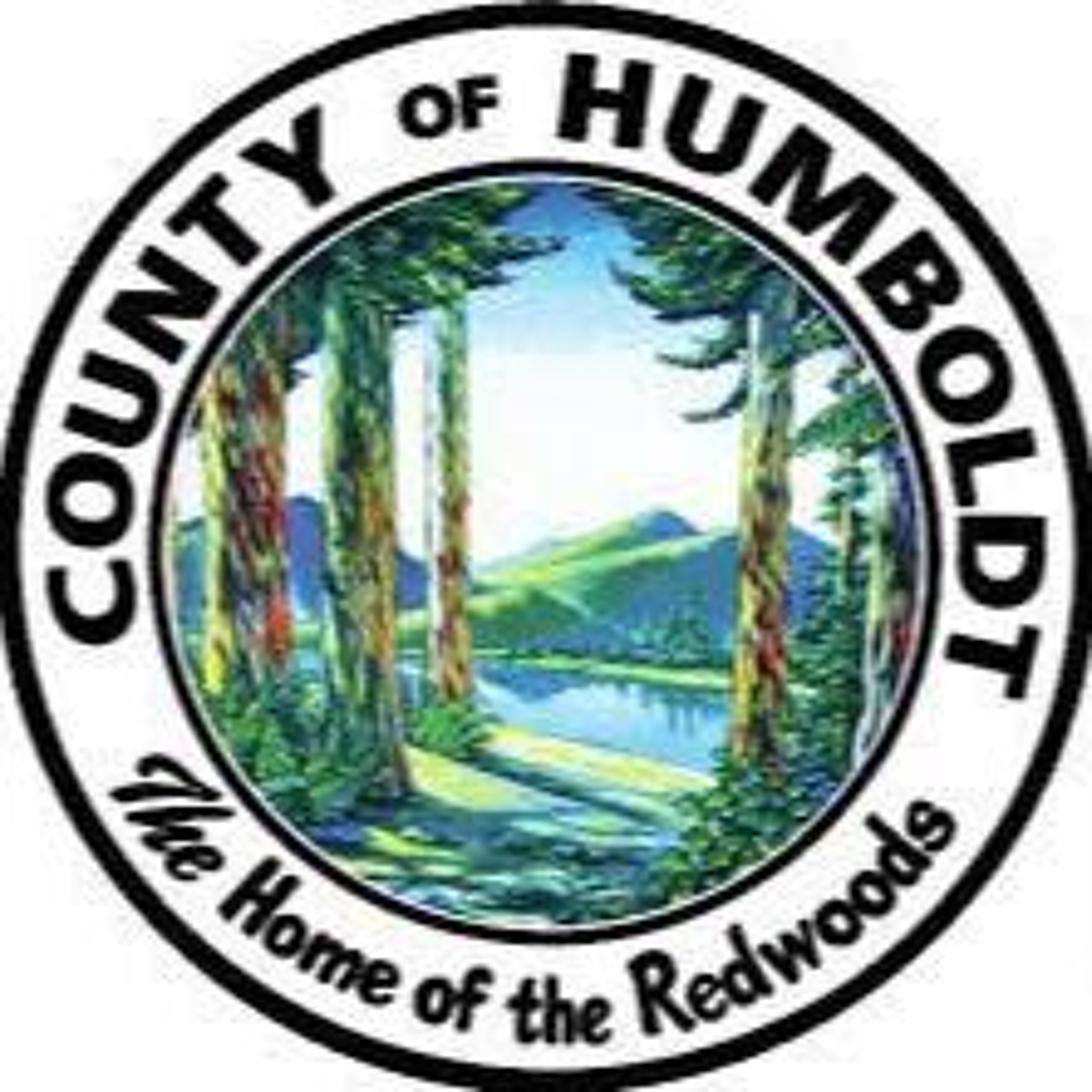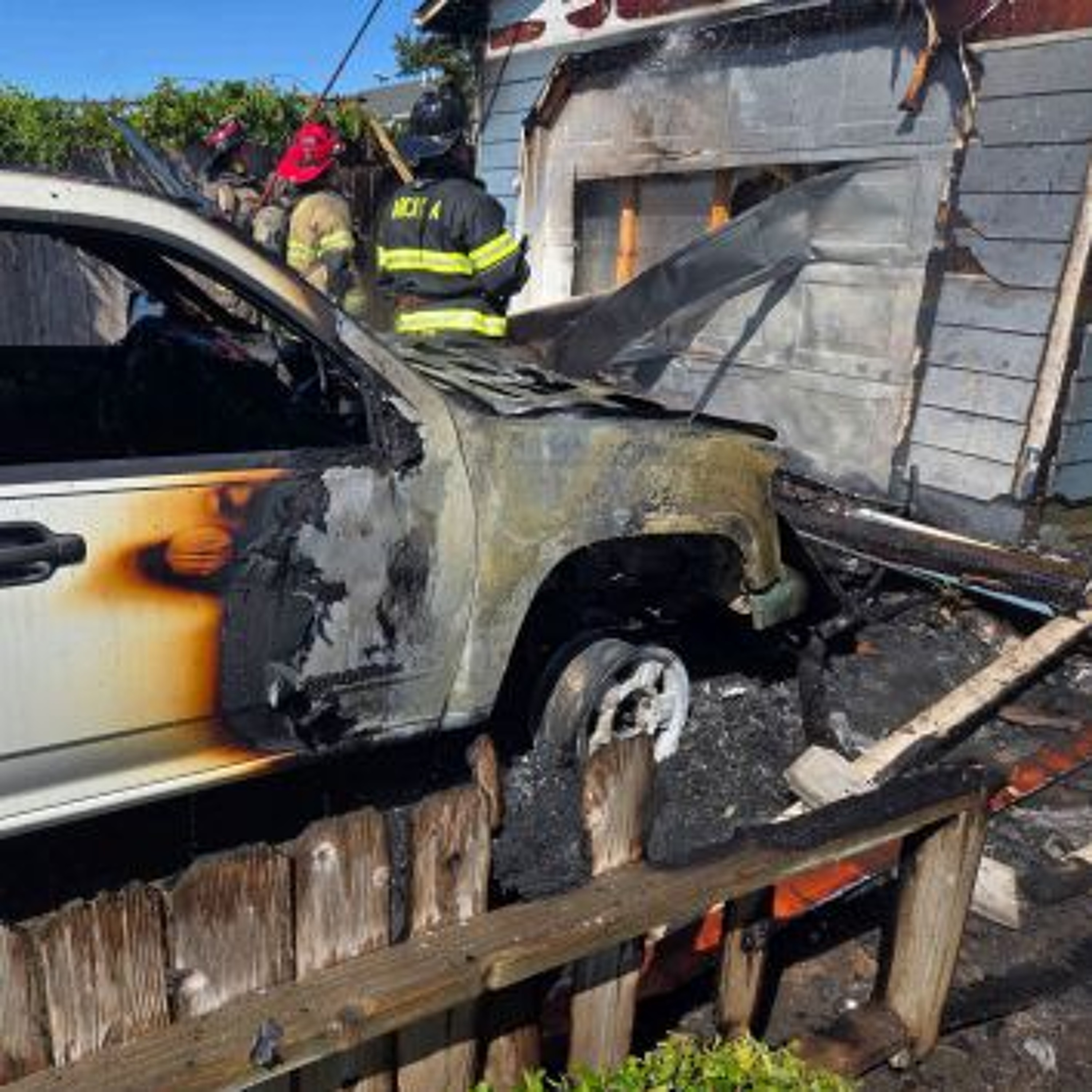Episode Transcript
[00:00:00] Speaker A: A new acupuncturist has joined the southern Humboldt community, bringing with him an integrative approach to care. Kevin Kraft, a licensed acupuncturist, combines traditional Chinese medicine with Western orthopedic practices. While TCM emphasizes the body's energetic systems and holistic balance, Kraft also draws from his background in sports medicine to address physical injuries and issues, bridging traditional and modern clinical techniques.
[00:00:26] Speaker B: My training is in what we call tcm, which is kind of the energetic side of Chinese medicine.
But then I did some further training in sports medicine and orthopedics, which is a lot of biomechanical movements and special tests and things to assess injuries and to help with pain management.
So, yeah, that's kind of the crux of what I do.
[00:00:53] Speaker A: Before becoming an acupuncturist, Kraft experienced a collapsed lung, a medical condition known as a pneumothorax. Like many navigating the healthcare system, he sometimes found the experience limiting. He recalls feeling unheard during parts of his treatment journey, which ultimately influenced his path towards practicing acupuncture. This experience helped shape his interest in a more holistic and patient centered approaches to his care.
[00:01:17] Speaker B: Yeah, it's a strange story.
I had a pneumothorax, which is a collapsed lung.
When I was in the hospital, I actually had a dream. And the dream was a stethoscope and a lab coat and a voice that said, when you get out of the hospital, you need to go back to school and become a doctor.
And that piqued my interest at first. And before then, I was a journalist. I was a writer for Surfer magazine, Skateboarder magazine. I grew up surfing and skateboarding.
And then after that was around 2006, and a lot of magazines kind of tanked that situation. So I said, okay, this is the time to go back and heed that voice that I heard back in when I had my pneumothorax.
And my mom and my girlfriend at the time were both. My mom had a seizure disorder and my girlfriend had a gastroenteritis. And the only help that they were getting was through acupuncture.
So that kind of opened me to looking at that type of medicine.
And also when I was in the hospital, the rapport that I had with the doctor was very limiting. Like, he kind of didn't really look at me, just looked at my chart and kind of kept it moving.
And I knew if I was ever going to be in the medical profession, I wanted to have more rapport with my patients.
So that kind of pushed me more towards the Eastern side, or traditional side of medicine.
[00:02:50] Speaker A: Allopathic medicine, commonly practiced and taught in the United States, focuses on treating systems and diseases primarily through pharmaceuticals, surgery, and radiation. In contrast, traditional medicine offers alternative approaches that emphasize balance prevention and individualized care. Kraft explains how his work integrates both systems, drawing from the strengths of each to create a more holistic and responsive approach to healing.
[00:03:14] Speaker B: Yeah, I mean, Western medicine, most of it is what we call allopathic medicine and allopathic.
The most basic way to translate that is against pathology, which is.
So a lot of times in allopathic medicine, they have their approaches to go against whatever the pathology is. So it's like anti infl. Inflammatories, the anticoagulants. It's like everything is against what the condition is a lot of times. And a lot of the tools that they have are pharmaceuticals and surgery, which is really necessary for a lot of cases, but not, you know, but I feel like traditional medicine has some tools that are not just for surgery or medication.
So it's. It's hard to.
To compare them. I think they're more.
It's more complementary, like, with each other. One works with one, works with the other. It's not one against the other, really.
Traditional medicine, at least Chinese medicine, is more focused on a holistic approach, like just kind of seeing what. What you eat, you know, your lifestyle.
And you're looking at things like tongue and pulse and how that relates to the energetics of your body, and then treating what you find through your tongue and pulse diagnosis, and then mixing that with Western orthopedic diagnosis is what I do.
And. Yeah, so it's. It's an integrative approach.
[00:04:56] Speaker A: Kraft's approach to patient care centers on making sure individuals feel genuinely heard and supported in finding the answers they need. This commitment is at the heart of his mission and guides his work as a practitioner.
[00:05:09] Speaker B: You know, it's a very. Like I said, it's like a very integrative approach. Like, I definitely really want people to feel heard. Like, that was one of the reasons why I went into medicine is just to.
Just to give people a positive experience. I want to make sure that they realize that their input is super important.
Like, no one. I always tell patients that no one has lived in your body more than you have. So it's important that you watch or you tell the doctors what is wrong with you or what you feel wrong. Your. Your opinion is very important.
In Chinese medicine, there's a saying that says if you listen to the patient for 15 minutes you'll get a diagnosis. If you listen for 30 minutes, you will get a treatment. So it's really important that patients feel heard and that they feel respected.
And yeah, they'll just come in, we'll do a, an initial intake and just talk to them and find out what's going on. Then I'll take, you know, then I'll do the approach where we're checking tongue and pulse and then maybe some orthopedic tests and then, yeah, just go from there and give them some, some good care.
[00:06:20] Speaker A: Kraft has also expanded his medical practice internationally, spending time in countries such as China and Korea. These experiences have played a significant role in shaping his medical journey and deepening his understanding of traditional healing systems.
[00:06:36] Speaker B: So firstly, it was kind of my experience with Western medicine when I was in the hospital.
And then also it was I wanted to find something that was integrative between Western and Eastern medicine.
And so I searched for that when I was going to school. And I found a school in Santa Cruz which was five branches.
And I didn't realize that in order to get licensed, every school has to have at least 30% Western medicine. They do. Every acupuncture school has a pre med program.
But I didn't realize that. So I thought, oh cool, I found an integrative school. So that's what leaned me towards going to this school in particular. So I spent time in Zhejiang, at a university in Hangzhou, China.
And yeah, so it was really cool because everything is very integrative between Western medicine or allopathic medicine and traditional medicine.
And so, yeah, acupuncturists work in the hospitals and that was really fun to work in the hospital there. And I also traveled to Daejeon, Korea and studied there.
[00:07:47] Speaker A: Curious about what, curious about what acupuncture can offer. Craft shares insights into the potential benefits of this practice and how it may support a range of health needs.
[00:07:58] Speaker B: It pretty much can treat a lot of things. Basically we treat any imbalance that appears in the body. So that could range from, from anything. Though I would say for any internal medical problem, whether it be some kind of gut problem or migraines or anything like that, I would say acupuncture is really good. It's also really good if you're having any type of pain or any type of inflammation in anywhere in the body, it's going to be really helpful for that.
If you are having a fracture or a compound fracture or something like that, I probably wouldn't go to the acupuncturist, but for most Anything else, I would say you should. You can go to acupuncturist.
[00:08:47] Speaker A: Kraft encourages anyone considering acupuncture to explore it, whether with him or another qualified practitioner in the area. His message is simple. If it feels like the right path, it's worth pursuing.
[00:08:59] Speaker B: Acupuncture is such a powerful modality, and I feel like there are some really good acupuncturists in this area.
You know, we have Ginny Hammett, who works in Fortuna, and then, of course, Dr. Peter Stern, who's an incredible practitioner. And I want to urge people to go seek out the acupuncturists and. And find out how powerful it is, because I think a lot of times, a lot of times when people come see us, it's like the last resort. They're like, yeah, I've tried everything. And then they come to us, and then they're like, wow, I wish I would have came to you way before. And, you know, people are skeptical. And my teachers would always say, or people often say to me, oh, I. I believe in acupuncture and stuff. I'm like, well, that's cool. You don't have to believe in it, you know. You know, it's like, do you believe in gravity? You don't have to believe you can jump out a window. It's going to happen whether you believe in it or not. So you don't. It doesn't need to be incumbent on your belief in order to have relief from acupuncture. It works. So. And it's.
I also would like to say it's not a.
Always just an energetic form of medicine. It does take into account energy of your body, but it also is very.
There is a very material approach you can use, too, which is like trigger point therapy and what we call prolo therapy, which is a whole longer conversation. But it's very visceral. You can feel it. Like, it's not like, oh, you just do needles. And it kind of, you know, you feel it on where the point is, and then you go home. You actually will feel your muscle reaction to the trigger point therapy. And also, like, say it doesn't really hurt.
A lot of people are worried about needles and feeling that it's going to be painful.
We can do very painless treatments to ease people in, but. And sometimes it can be a little uncomfortable, depending on what modality you're doing.
Yeah.
And I think the last thing I would probably say is that sometimes our approach is functional, so. Meaning that we are aiming to improve your function, but sometimes that does not automatically decrease your pain. So you might have a rotator cuff injury, and you might not be able to lift your arm over your head. And then after our treatment, it still might be a little achy in that shoulder, but you're able to lift your arm and move your arm. So you're your function is increasing, but your pain might be slower to decrease. So that's our goal, is to increase your function and improve your quality of life.
[00:11:43] Speaker A: Kevin Kraft is now accepting new patients. To make an appointment, you can call 707-923-2783 or for more information on location and services, the website for Redwood rural health is rrhc.org or by visiting kmud.org under this story.


